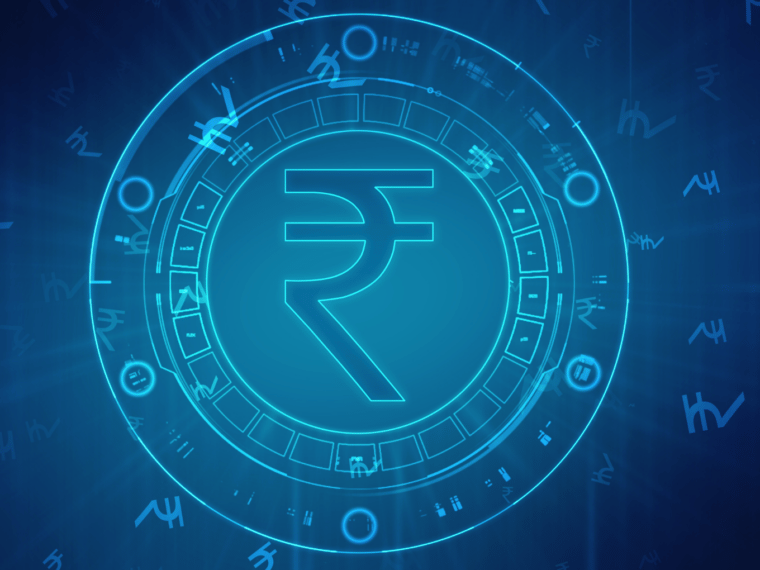
The RBI also said that the first pilot of digital rupee for the retail segment is planned for launch within a month in select locations
The central bank said that the use case for the wholesale pilot is settlement of secondary market transactions in government securities
Going forward, other wholesale transactions, and cross-border payments will be the focus of future pilots, based on the learnings from this pilot: RBI
The Reserve Bank of India (RBI) on Monday said that the first pilot of digital rupee for the wholesale segment will commence on Tuesday (November 1).
In a statement, the central bank also said that the first pilot of digital rupee for the retail segment is planned for launch within a month in select locations in closed user groups comprising customers and merchants.
On the wholesale pilot, the RBI said that its use case is settlement of secondary market transactions in government securities. In addition, it expects digital rupee to make the inter-bank market more efficient.
“Settlement in central bank money would reduce transaction costs by pre-empting the need for settlement guarantee infrastructure or for collateral to mitigate settlement risk. Going forward, other wholesale transactions, and cross-border payments will be the focus of future pilots, based on the learnings from this pilot,” the RBI said.
Currently, nine banks, including State Bank of India, Bank of Baroda, Union Bank of India, HDFC Bank, ICICI Bank, Kotak Mahindra Bank, Yes Bank, IDFC First Bank and HSBC, have been identified for participation in the pilot.
Last month, the central bank released the concept note for the Central Bank Digital Currency (CBDC) and said that it would soon commence the pilot launch of digital rupee for specific use cases.
In the concept note, the RBI also said that it aims to create awareness about digital currencies in general and the planned features of the digital rupee, in particular.
CBDCs are sovereign currencies issued by central banks in alignment with their monetary policy which can be accepted as a medium of payment, legal tender, and a safe store of value by all citizens, enterprises, and government agencies. Moreover, CBDCs are freely convertible against commercial bank money and cash.
CBDC can be classified into two types – those for general purpose or retail segment and other for wholesale segment. As explained by the RBI earlier, retail CBDC would be potentially available for use for all private sector, non-financial consumers and businesses. On the other hand, wholesale CBDC is designed for settlement of interbank transfers and other related wholesale transactions.
With increasing internet penetration, digital transactions in the country have grown exponentially over the last few years. While CBDCs will further reduce the cost of physical cash, it will also effective in preventing, crime, money laundering and financing terrorism, according to experts.
Moreover, CBDCs have other use cases such as collection of taxes and lowering the cost of cross-border transactions. In addition, CBDCs can also be availed by those who don’t have access to smartphones to make them more financially inclusive.
The central bank is also eyeing to curb the use of private cryptocurrencies with the launch of CBDC. In the concept note, the RBI reiterated its staunch opposition to cryptocurrencies saying they undermine the country’s financial and macroeconomic stability.




 Fintech
Fintech Travel Tech
Travel Tech Electric Vehicle
Electric Vehicle Health Tech
Health Tech Edtech
Edtech IT
IT Logistics
Logistics Retail
Retail Ecommerce
Ecommerce Startup Ecosystem
Startup Ecosystem Enterprise Tech
Enterprise Tech Clean Tech
Clean Tech Consumer Internet
Consumer Internet Agritech
Agritech




























